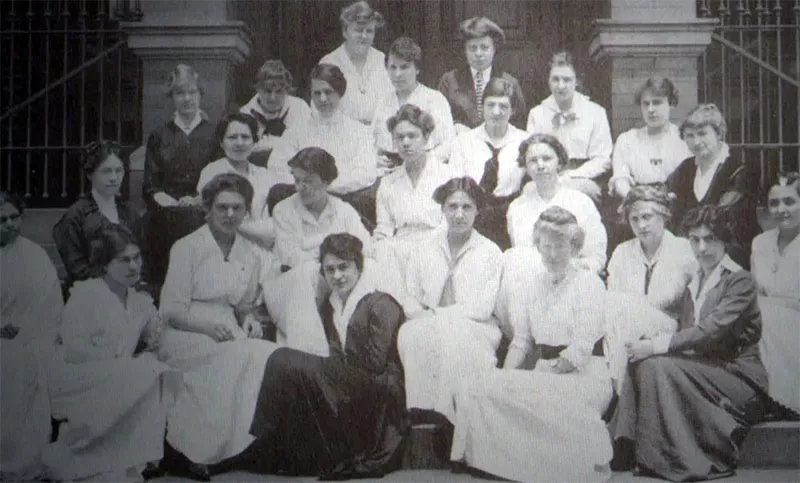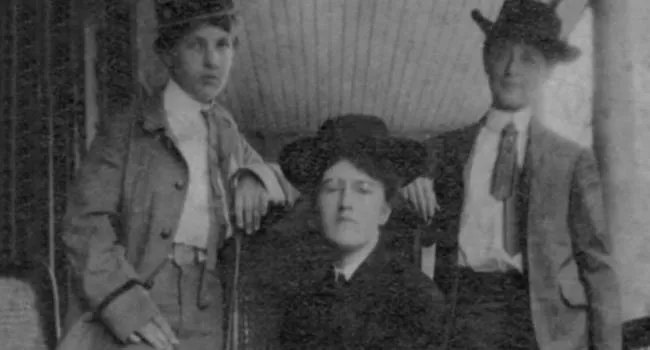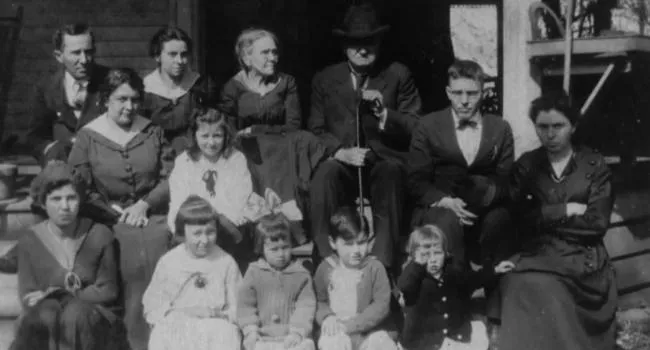
Grimké Sisters | Carolina Snaps
Video
Although best known as fierce abolitionists, Sarah and Angelina Grimké were the first South Carolina Women to publicly advocate for women's suffrage.

Video
Although best known as fierce abolitionists, Sarah and Angelina Grimké were the first South Carolina Women to publicly advocate for women's suffrage.
Video
Susan Pringle Frost, a mentor to the Pollitzer sisters, was the founder of the Charleston Equal Suffrage League. Anita Pollitzer went to work for that National American Women Suffrage Association...
Video
In the early twentieth century, a trio of sisters from Charleston, SC, known as the Pollitzer sisters (Carrie, Mabel, and Anita) embraced the opportunities for social reform. The Pollitzers came from...
Video
Support for women’s right to vote was growing in South Carolina. A custody battle and scandal between two legendary SC families gave the women’s suffrage movement a boost in SC. Lucy Pickens Dugas was...
Video
Beginning in 1899, the Poppenheim sisters published a monthly magazine called The Keystone. The magazine pointed out the manner in which the Confederate “Lost Cause” movement celebrated the...
Video
South Carolina, a mostly rural state in the late nineteenth and early twentieth centuries, was racially divided and impoverished after Reconstruction. Its economy was mainly agrarian, growing crops...
Video
The Rollin Sisters are essentially silenced after Reconstruction, and are forced to move away from South Carolina due to the increasing violence by “Red Shirts”, and Ku Klux Klan members. In the fight...
Video
The South Carolina Woman Suffrage Association was founded in Columbia in 1870, with Charlotte Rollin as the Chair. A charter is created and sent to Lucy Stone, one of the founders of the American...
Video
During this period, there were many people, including African Americans, who felt the issue of women’s suffrage was much less important than civil rights for Blacks. In the 1868 Constitutional...
Video
The Civil War brought an abrupt change to the Rollin Family, ending a period where, according to Frances Rollin, “free people of color were at the zenith of their prosperity”. The Rollin family’s...